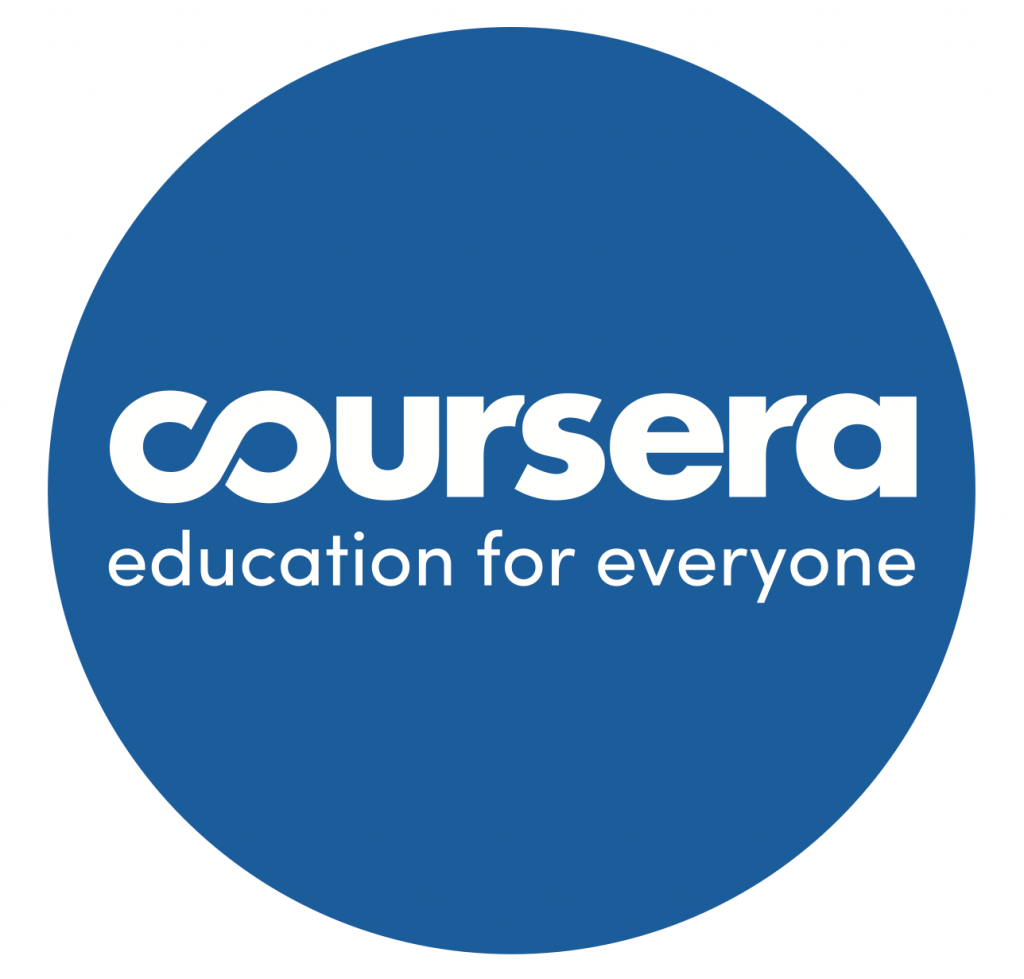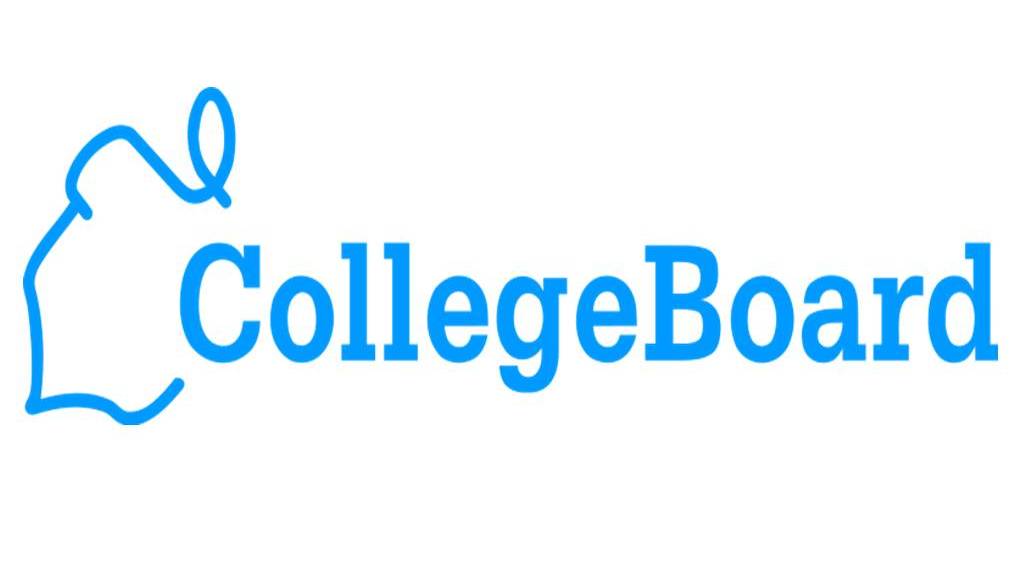University of California Seeks Cap on Out-of-State Students
From Inside Higher Ed: The University of California System on Monday announced a proposal to limit undergraduate enrollment from out of state, systemwide, to 20 percent, The Los Angeles Times reported. The proposal would allow the three campuses already over 20 percent—Berkeley, Los Angeles, and San Diego—to keep their out-of-state levels. The remaining campuses would be allowed to grow to 20 percent but not exceed it, but only if the proposed systemwide cap is not hit. The university system has significantly increased out-of-state enrollment in the last decade, to 16.5 percent across the system, citing state appropriations cuts that have increased the need for other sources of revenue, such as the higher tuition rates paid by non-Californians.
The Times reported that faculty leaders oppose the university plan and fear that such limits could result in the system losing both top students and revenue that it needs.
The UC Board of Regents will take up the proposal next week.




